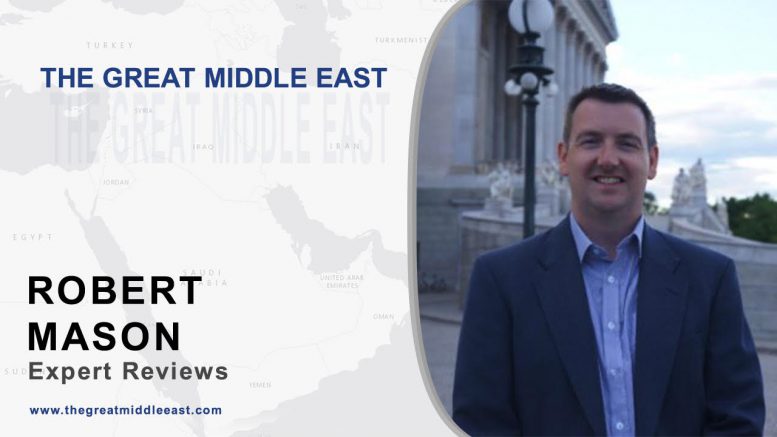Yesterday, a number of countries have announced a break in diplomatic relations with Qatar, followed by bans on travelling to Qatar and other sanctions. The Arab coalition led by Saudi Arabia accuses Qatar of supporting terrorism. With a request to comment on this issue we turned to Associate Professor at American University in Cairo Robert Mason.
In your opinion, what led to such drastic measures? How will this end?
Although this move looks drastic, given the coordinated approach (Bahrain, Saudi Arabia, UAE, Egypt, Yemen, Libya and the Maldives have all cut ties and more states may follow) it appears to have been planned for some time in advance. On May 23, statements were allegedly being made by Qatar’s Emir Sheikh Tamim in support of Iran, Hamas, Hezbollah and Israel but were quickly denied by the Qatar government and blamed on hacking and false news being spread through the state’s news agency website. The hacking of the UAE Ambassador to the U.S., Yousef Al Otaiba, also indicates a premeditated campaign in the U.S. think tank community to brand Iran and Qatar as negative influences. The UAE therefore appears to be at the forefront of an anti-Qatar posture in the GCC. The UAE and Qatar compete in global trade and investment, but it is their opposing positions on Islamists (Qatar pro-Islamist and UAE anti-Islamist) that appears to be driving this latest confrontation. Following its evolving foreign policy and increasing power projection into conflict theatres such as Yemen, the UAE is actively courting the U.S. to move its largest forward air base from Qatar to the UAE. The fact that President Trump has just concluded a trip to Riyadh perhaps gives the UAE and Saudi Arabia more confidence in moving to isolate Qatar in this way.
How will this end? Well, two probabilities. First, it clearly undermines GCC cohesion. Something which has always been questioned since the GCC has failed to live up to its political and economic integration promises, with ongoing mistrust evident amongst member states, and with further questions being raised about viability following Brexit. Second, it is the potential for Qatar to join an alternative axis with Iran if the situation remains unresolved. The GCC have pulled their Ambassadors from Qatar before, but this time the situation appears to be more grave and may trigger closer cooperation between Qatar, Turkey, Iraq and Iran. A more moderating influence in Ramadan would help restore the unity necessary to addressing a number of issues in the region which remain critical.



Be the first to comment at "Robert Mason: UAE appears to be at the forefront of anti-Qatar posture in GCC"